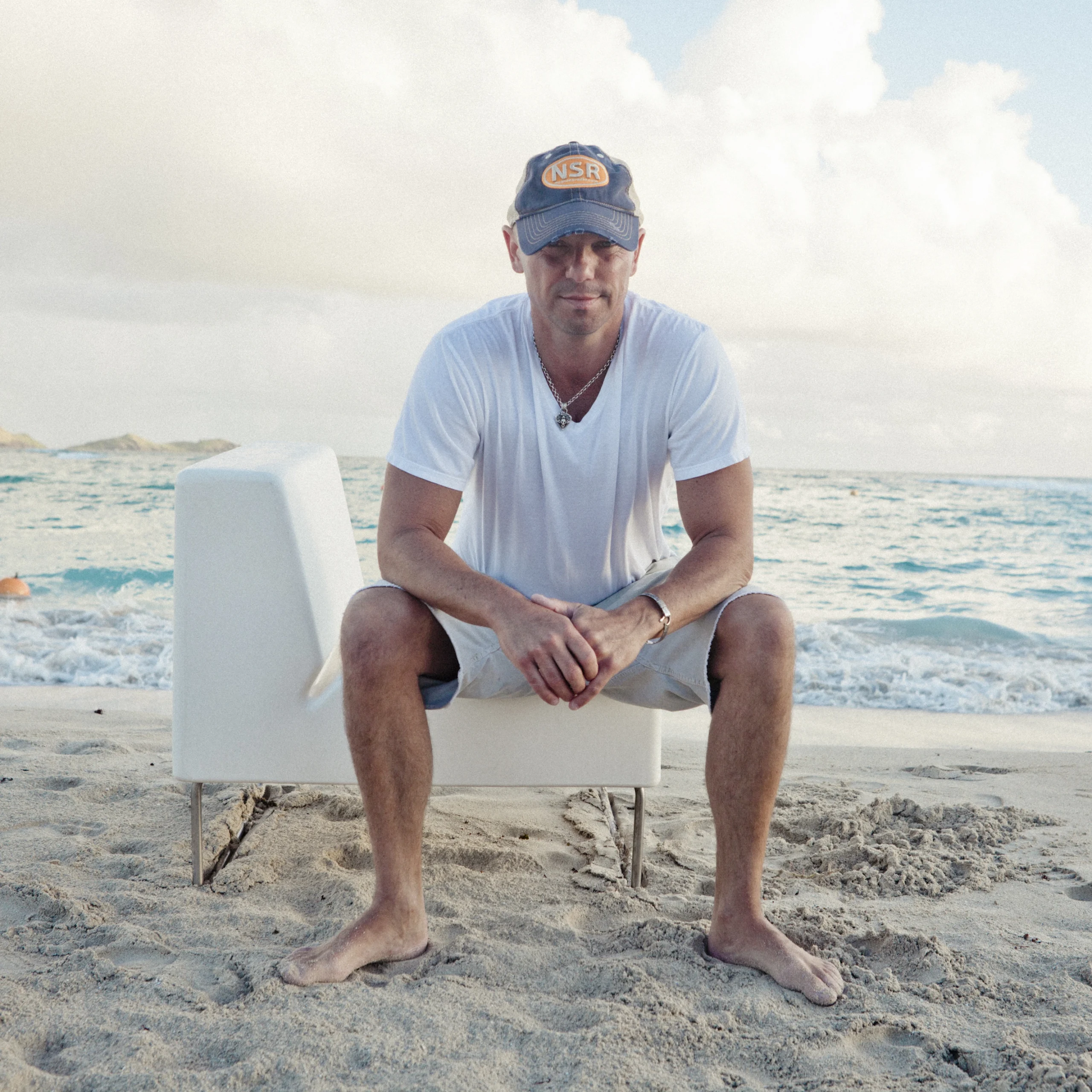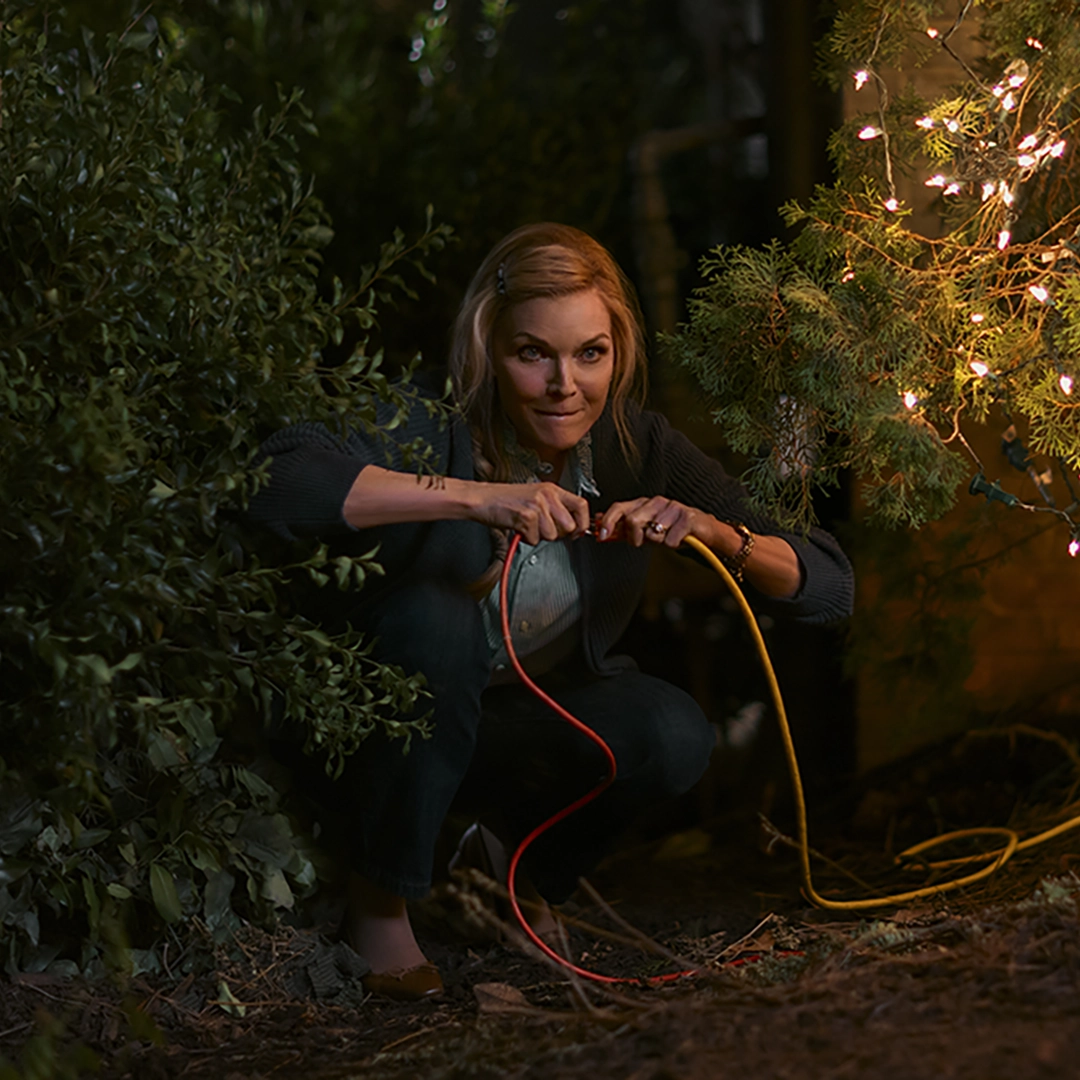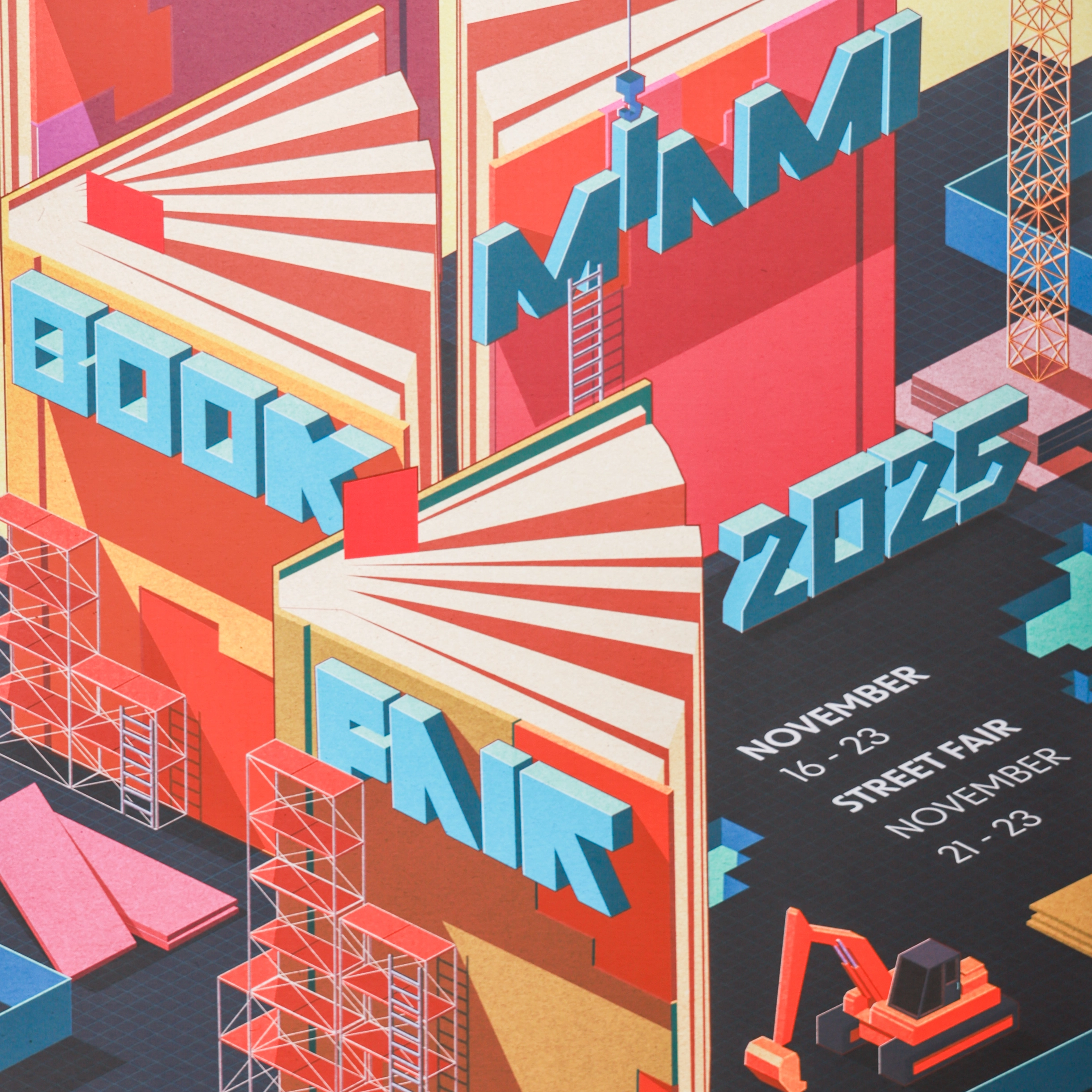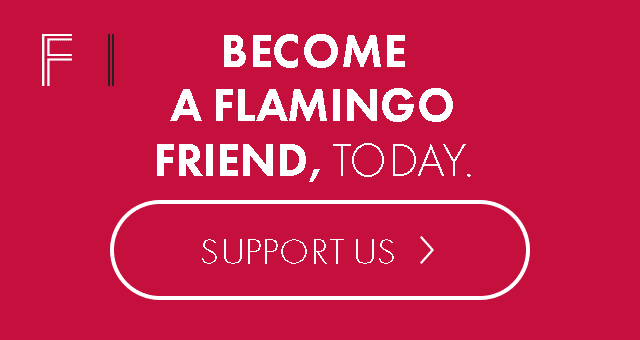by | July 9, 2025
‘Florida Palms’ Author Joe Pan on the Space Coast, Biker Parties and Florida Man
Joe Pan's debut novel, 'Florida Palms,' shines a light on overlooked stories in the Sunshine State.
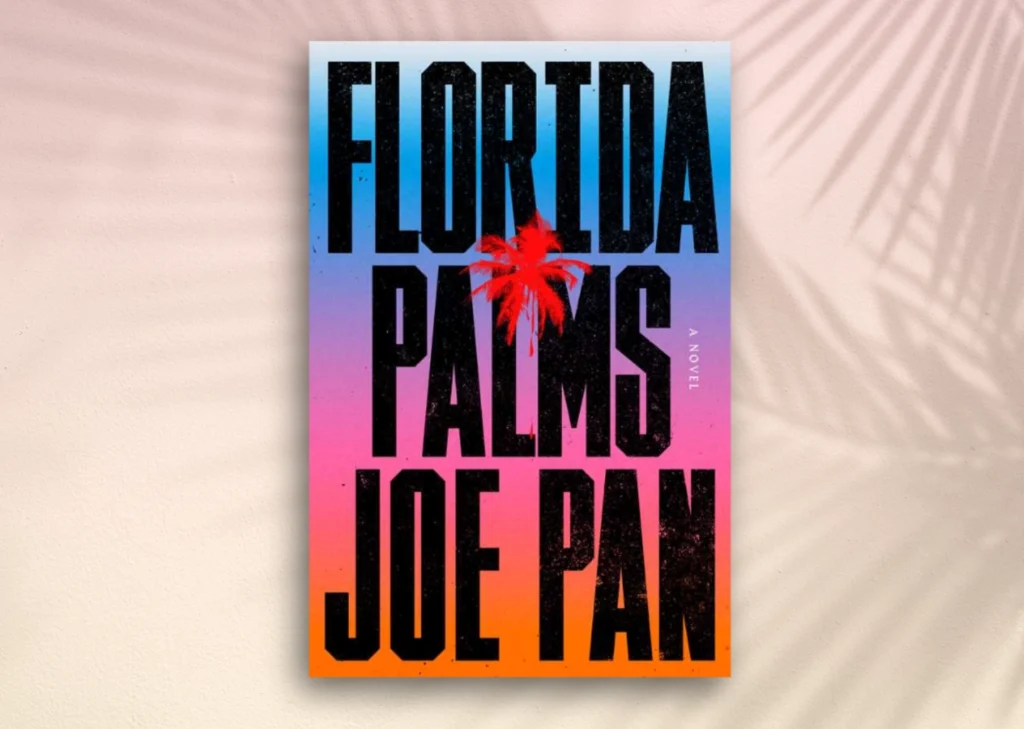
Space Coast-native Joe Pan’s debut novel releases this month, but he’s no newbie in the literary world. He’s authored five poetry collections, was featured in the New York Times and founded Brooklyn Arts Press, a National Book Award-winning independent publishing house. It’s no surprise that Pan’s first leap into the world of fiction made a splash among HBO producers, who have already started working on a TV show based on the riveting novel. Ahead of the release of his book, “Florida Palms,” a gripping story of crime and brotherhood set on the state’s Atlantic Coast (out July 22), we sat down with Pan to talk Floridian stereotypes, the real-life inspirations behind his characters and the book’s potential adaptation to the screen.
“Florida Palms” opens with two friends making their way to a biker party. How did you decide this was the vignette you wanted to begin the story with?
Joe Pan: I think I was 16, and two of my friends’ parents were bikers, and we would go to a good number of biker parties, but there was this one party in particular where they had caught this large boar and put it on a spit in an oil drum. I was meeting all of these really fun, interesting people that had been on these long drives and had a history of coming to and fro to Florida for these big parties. As a 16-year-old, that kind of fast life really appealed to me. It seemed like a perpetual adolescence; the laws applied to them only if they were caught. It felt like they could live off the land, that they took care of each other, that there was this sense of secular fellowship, and all of that had this larger family ethos. I loved being part of that. And at the same time, there was this real sense of danger and failure and lack of money.
Then my friend’s father, who was this big, burly biker, at some point during the party, he had told me, “You know, one day you’re going to write about me.” And I kind of blew it off, because people say that stuff all the time to writers. But when I finally got to grad school, I was living in an attic, and I was sitting there and I didn’t have a job, and I was trying to figure out what to write about. And these people from my childhood kept creeping up because they were just fascinating.
There are a lot of stereotypes about Florida in film and literature—how did your experience as a Floridian shape how portray the state in “Florida Palms”?
JP: One of the things I was thinking about when I was writing this book is the #FloridaMan. And it is stereotypical. I mean, the stories tend to be bizarre and funny and everything, and that’s a kind of caricature of Florida. What I did with this book, or what I tried to do, was take that caricature and have these wild, crazy characters, some of whom have an embodiment in real people. What I would do is show that at the beginning to grab people. That’s what they expect from certain Florida novels—where you have a kind of cartoonish beginning, and then you start pulling people down through their interiors and their emotions and their desires into a place that’s more rested in their humanity, in their realness.
How did growing up on the Space Coast shape this story?
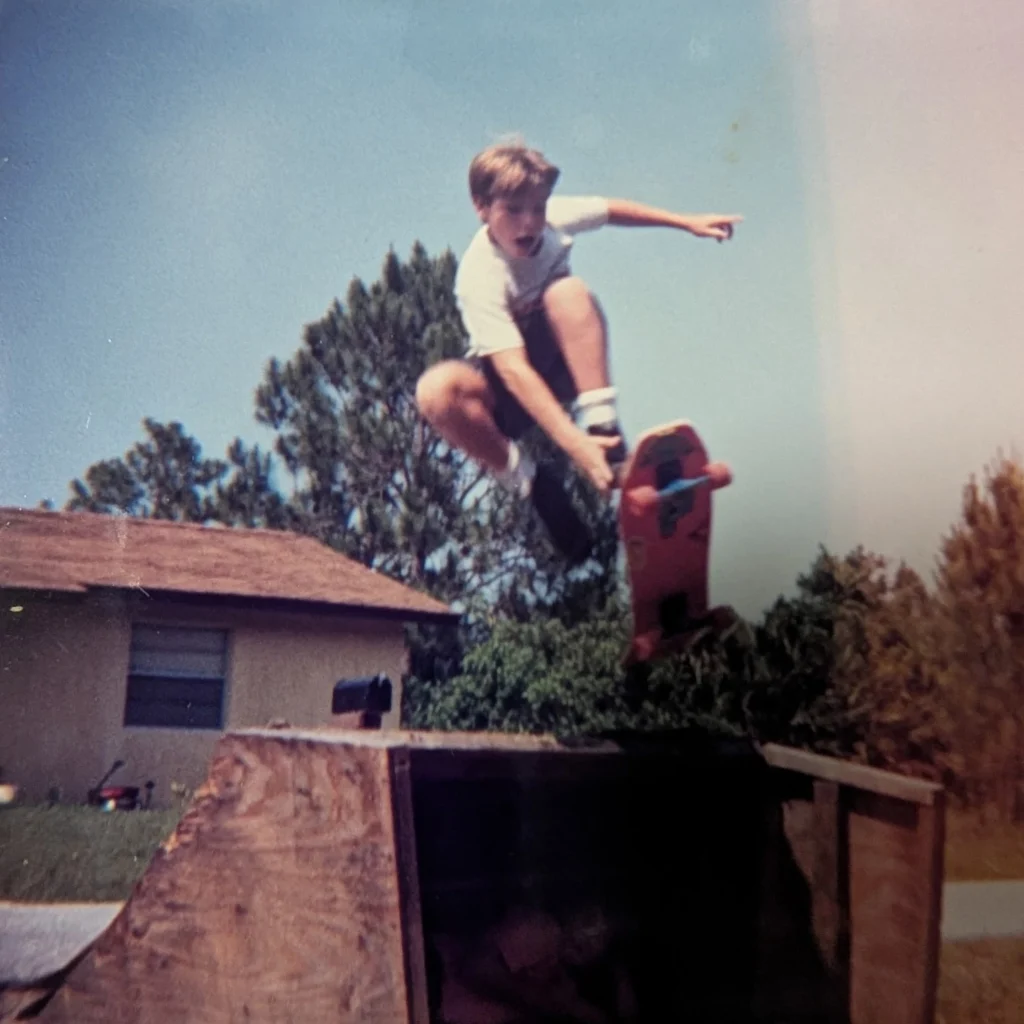
JP: I knew I wanted to write about the poverty of Florida. I grew up really poor. And my mother didn’t have a job, and she was raising us off $100 a month. And so I wanted to write about her situation. I wanted to write about growing up in the shadow of the space industry. And I wanted to show during those times of recession when money was pulled out of the Space Coast what happened to it. Because if tourism is not there and the space industry is not there, the land falls into poverty. So the things that didn’t change from the various iterations (of the book) were the explication of what it was like living in extreme poverty but still finding joy and happiness and storytelling and community and all of those things, which I don’t necessarily see a lot of in the news. When people talk about poverty, a lot of times they don’t talk about the joy and humanity that still exists in those spaces. Even if you’re poor, there’s still a lot of wonderful things going on. People still have interior lives that they’re attending to, and they have wants, needs and desires, and I wanted to write about all of that.
“Florida Palms” has already been optioned as a TV Series by HBO. What can you tell us?
JP: The HBO show was a complete surprise. We’re working on the pilot episode now. We have a director and a writer and a producer and maybe more producers coming in, but it’s not something that I was expecting at all. But I’m really excited to be working on it. And I try not to think about it very much at all honestly. My sense is a lot of things don’t make it all the way and that I’m just happy to have had the experience of having it picked up. I’m excited. I want it to happen. I’m deeply committed to making it happen. But there’s a part of me that has to be ready for anything to happen. But it’s been exciting. HBO has been incredible. I love everybody I’ve worked with so far, and it’s been a really wonderful experience.
Pre-order Pan’s debut novel, “Florida Palms,” here.
Speed Reads
Most underrated Florida town?
JP: Ooh … let’s put Eau Gallie. People will be like “where the hell is Eau Gallie?”
Favorite Florida books of all-time?
JP: “Fiskadoro” by Denis Johnson, “Florida’s Past,” which is a (collection of) books by Gene Burnett, Carl Hiaasen’s collected works for the Miami Herald, Zora Neale Hurston, “Their Eyes Were Watching God” and Peter Matthiessen, “Killing Mister Watson.”
Favorite hidden gem in Florida?
JP: I don’t want to give anything away! I’m going to go down to Key West. Blue Heaven. It’s like chickens running around, and the food is just so good. And I just, I love that place. It’s the end of the line. And when I get down there, I feel the weight of things come off my back.
Favorite Florida author?
JP: It’s probably Hemingway. His short stories for me—some of those stories were just packed with humanity and just quiet and beautiful.
For more conversations with Florida authors, click here.
About the Author
Helen has an aptitude for finding alligators and a passion for covering the weird and wonderful of Florida. The Tallahassee native graduated with her bachelor's degree from the Medill School of Journalism at Northwestern University. At Flamingo, she helps organize advertising and write stories (usually about Florida's fantastic fauna).

